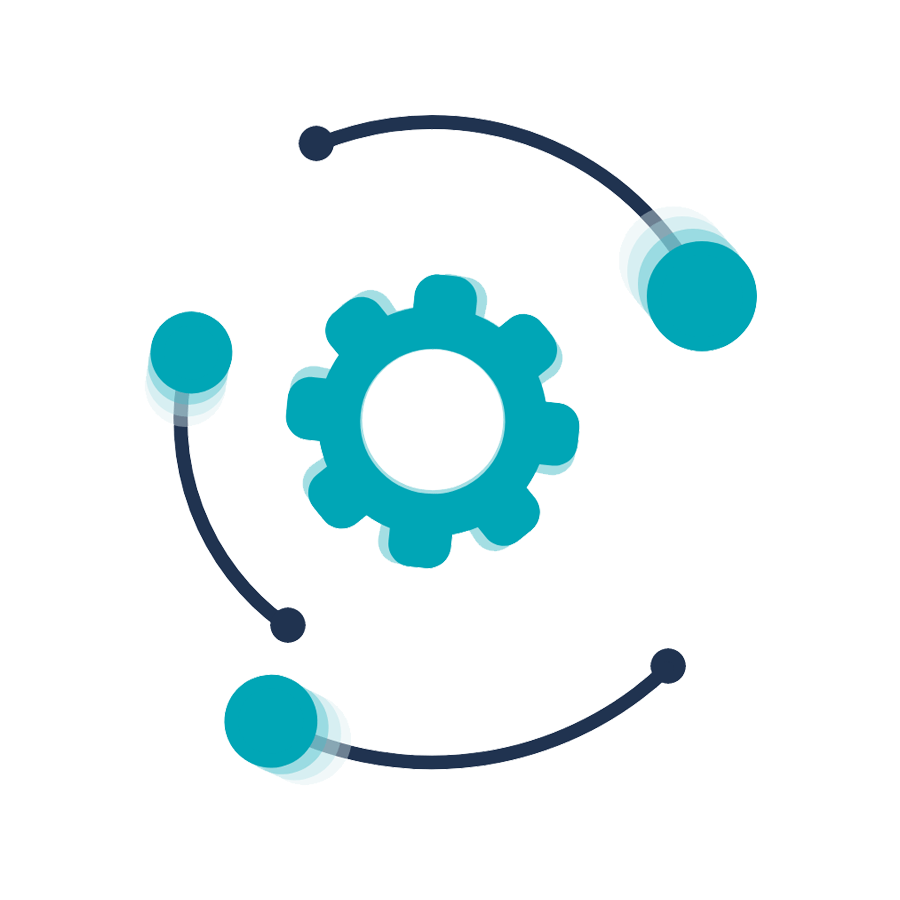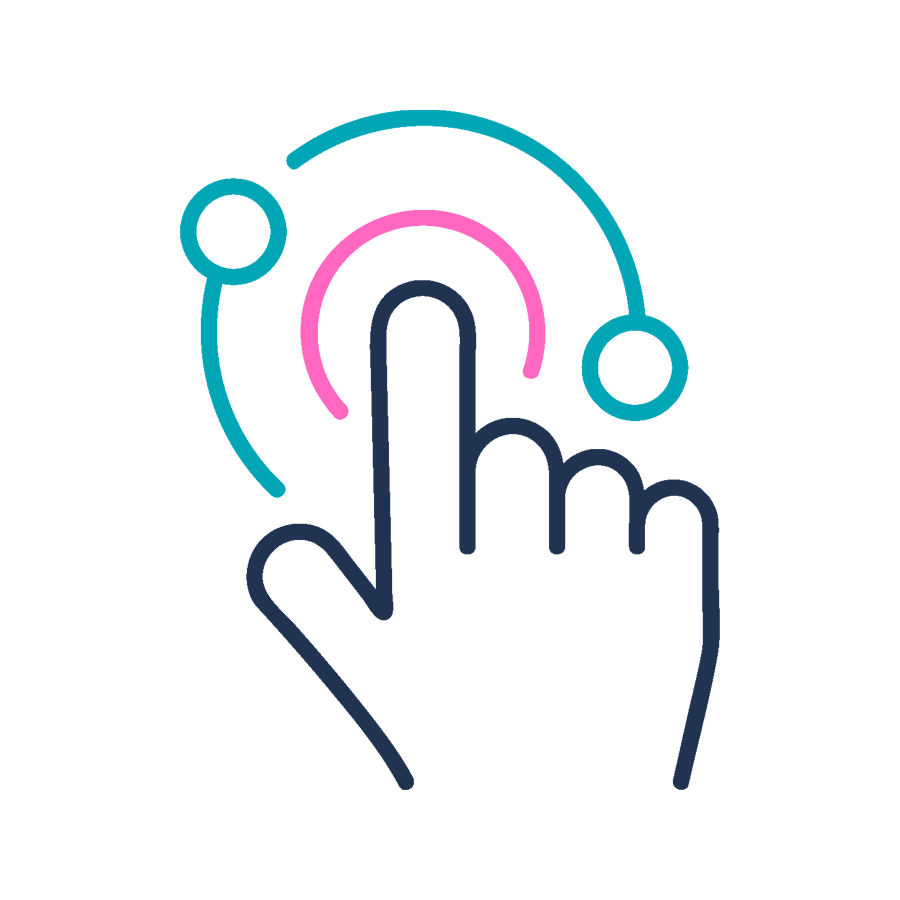A good CRM tool is one that meets your needs (use case) and suits your organisation (who will use it in your company).
Here are the main selection criteria identified:
- Ergonomics (interface, UX/UI, team autonomy): it is best to request a demonstration of the tool
- Relevance of features (content creation, journey management, segmentation, scoring, AI, reporting)
- Integration capabilities (with your existing technical stack, e-commerce tools, etc.)
- Scalability (data volumes, internationalisation)
- Training on the tool dedicated to campaign managers and CRM tech experts available
- Support (quality, responsiveness, long-term maintenance)
- Security and compliance (GDPR, ISO 27001, DORA, HDS certification in case of health data, etc.)
📋 To include in your RFP: inventory of existing resources (database size, average campaign volume, existing IT tools), your technical requirements, your priority features, your operational organisation, your use cases, and your regulatory constraints.



